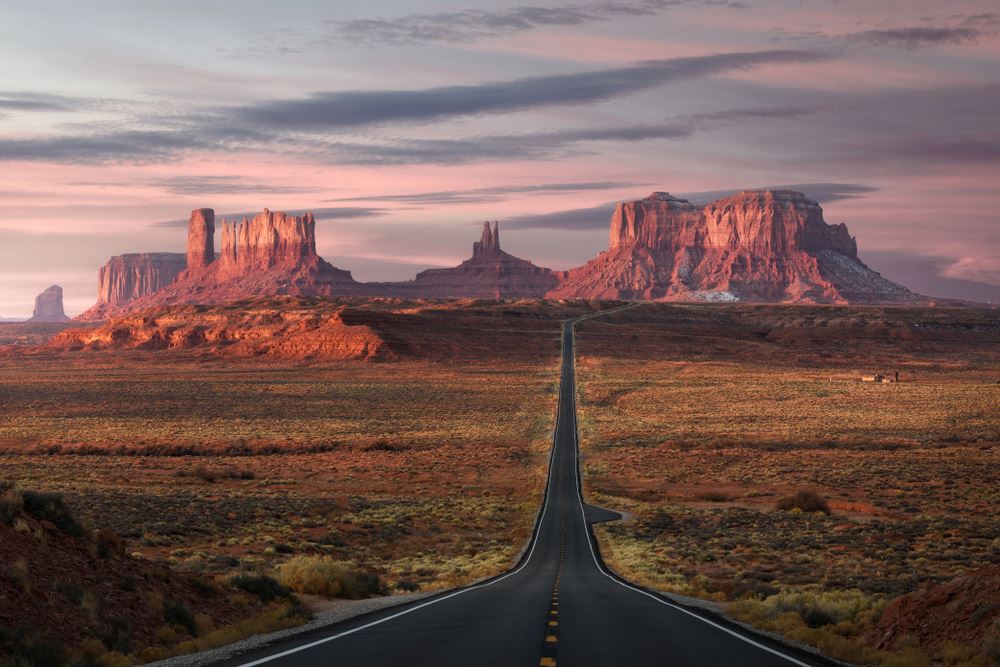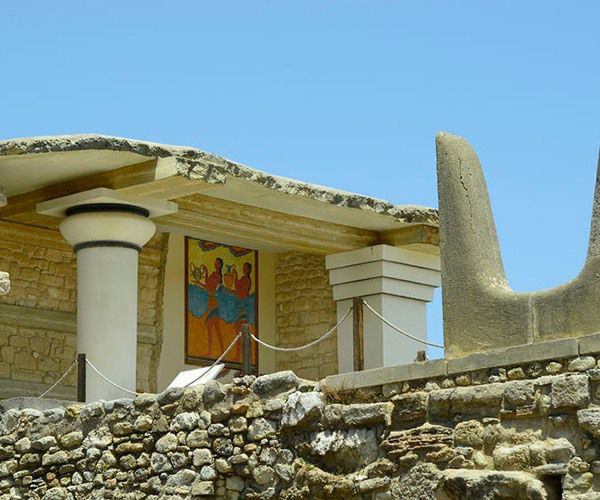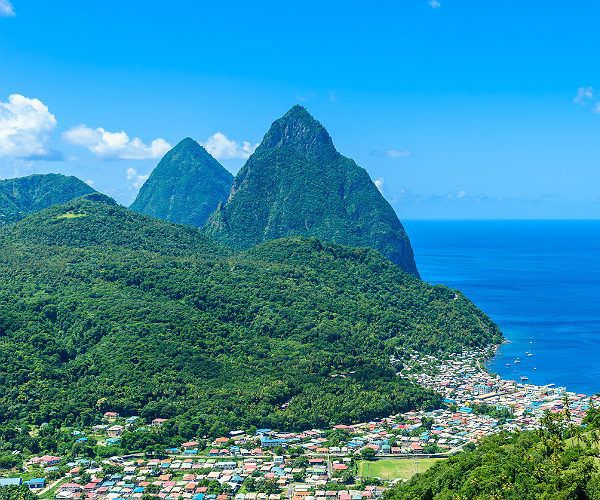
The interests of affluent travelers are evolving and shaking up the luxury travel sector. A niche that was once defined by the high thread count of linens, upscale toiletries, and beautiful decor, is now focused on buzzwords like “off the beaten path” and “immersive.”
“I count five huge, revolutionary ideas that are rocking luxury to its core,” wrote Babs Harrison, who has 25 years of experience in the hospitality industry, and is currently the managing director of Phoenix-based Babs Harrison and Partners.
Transformational experiences
“Butler service alone is not good enough,” said Harrison. “The traveler wants to emerge changed and better.” Transformative travel has become a prominent demand from today’s high-end consumers; they want travel that fosters life-changing experiences and meaningful connections.
As Tina Edmundson, Marriott’s global brand officer and luxury portfolio leader, told Skift “the reality is that today’s luxury is adding this notion of personal development and transformation as part of their repertoire and part of what they want to accomplish. Travel is an important conduit for achieving that.”
Personalized itineraries
Curating itineraries based on a deep knowledge of clients and their interests is increasingly important as travelers move away from cookie-cutter experiences. Many tour operators offer completely customized, bespoke trips, in addition to guided vacations. Preferences like small intimate inns or luxe hotels, fine dining or the most local eateries, and sightseeing interests can be factored into planning to create truly unique trips for clients.
Authentic local interaction
Authenticity can be seen as an extension of what is local to a destination. Instead of tourist traps that congregate overwhelming number of visitors, luxury travelers want to focus on smaller, more intimate experiences that are special to that locale.
“Make it personal, that’s key to any experience that matters, and make it local, too — tightly enmeshed with the location of the property. Wouldn’t you want an experience with a Native American healer on the Navajo Nation in northern Arizona and New Mexico? That’s something to talk about, post about, and brag about on social media,” Harrison suggests.
Reshaping bucket lists
Considering growing global concerns from geopolitical concerns to climate change, luxury travelers are changing their bucket lists to include experiences that need to be had today, because next year they may not be an option.
For example, fears of global warming have some trekking to Antarctica now, so it can be seen in all its splendor; or as Harrison points out, guests are streaming to Africa precisely because seeing the Big Five has long been on their personal to-do list — and now they fear the opportunity to do this may be shrinking. Other places like Cuba, which is seen by many as a “visit while you can” opportunity, are gaining in popularity.
Instagrammable moments
Social media is getting more enmeshed in travel as consumers “crave images of their travels that they can share with friends and relatives, perhaps via social media,” Harrison said. They also want to boast about exclusive experiences, from people to places, they have access to that others may not.
“What can you suggest that is special but still encapsulates the unique guest experience? That is no easy feat, but high-end guests don’t want to share the very same image of themselves in front of the Eiffel Tower that already appeared 10,000 times on Facebook today,” she said.


